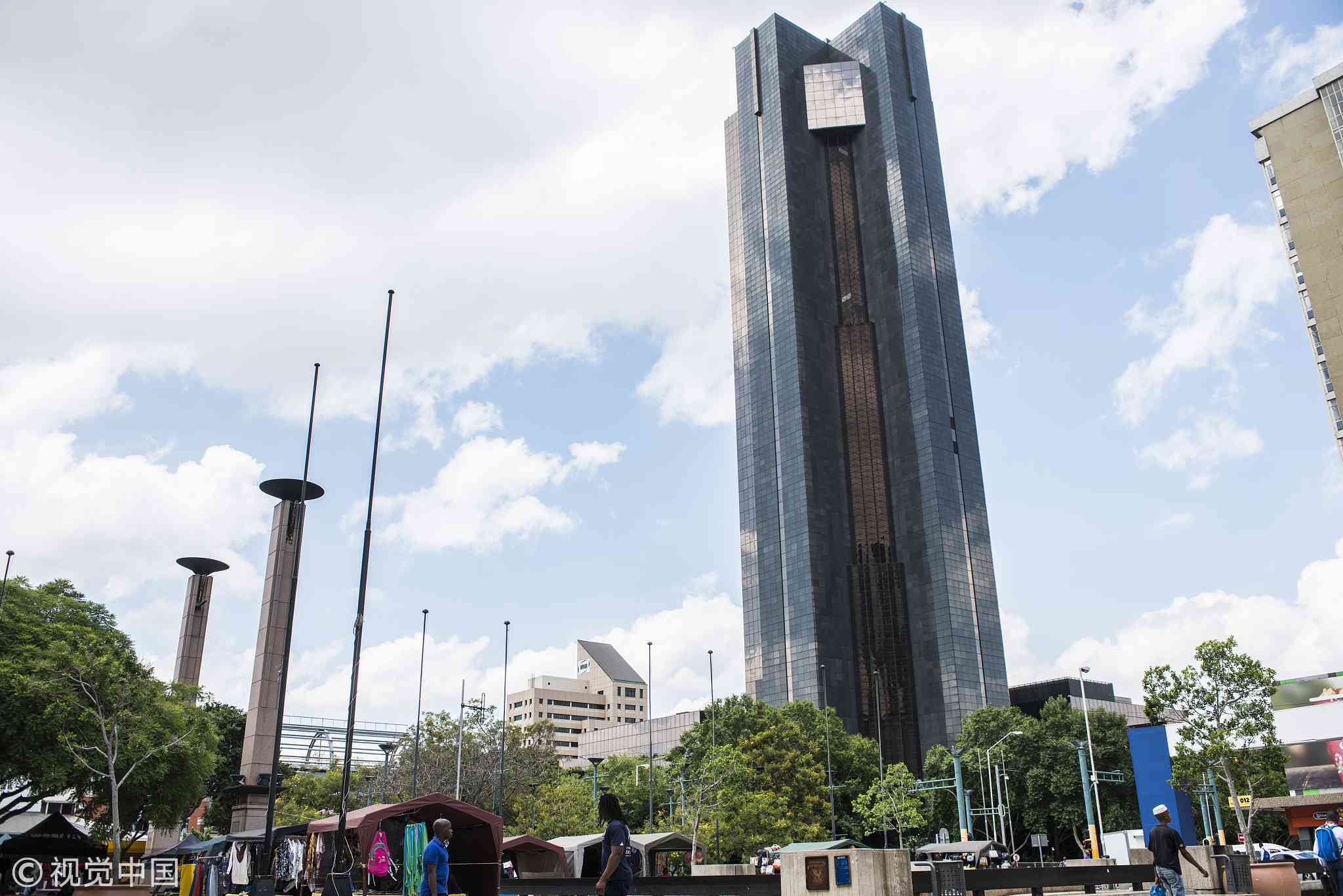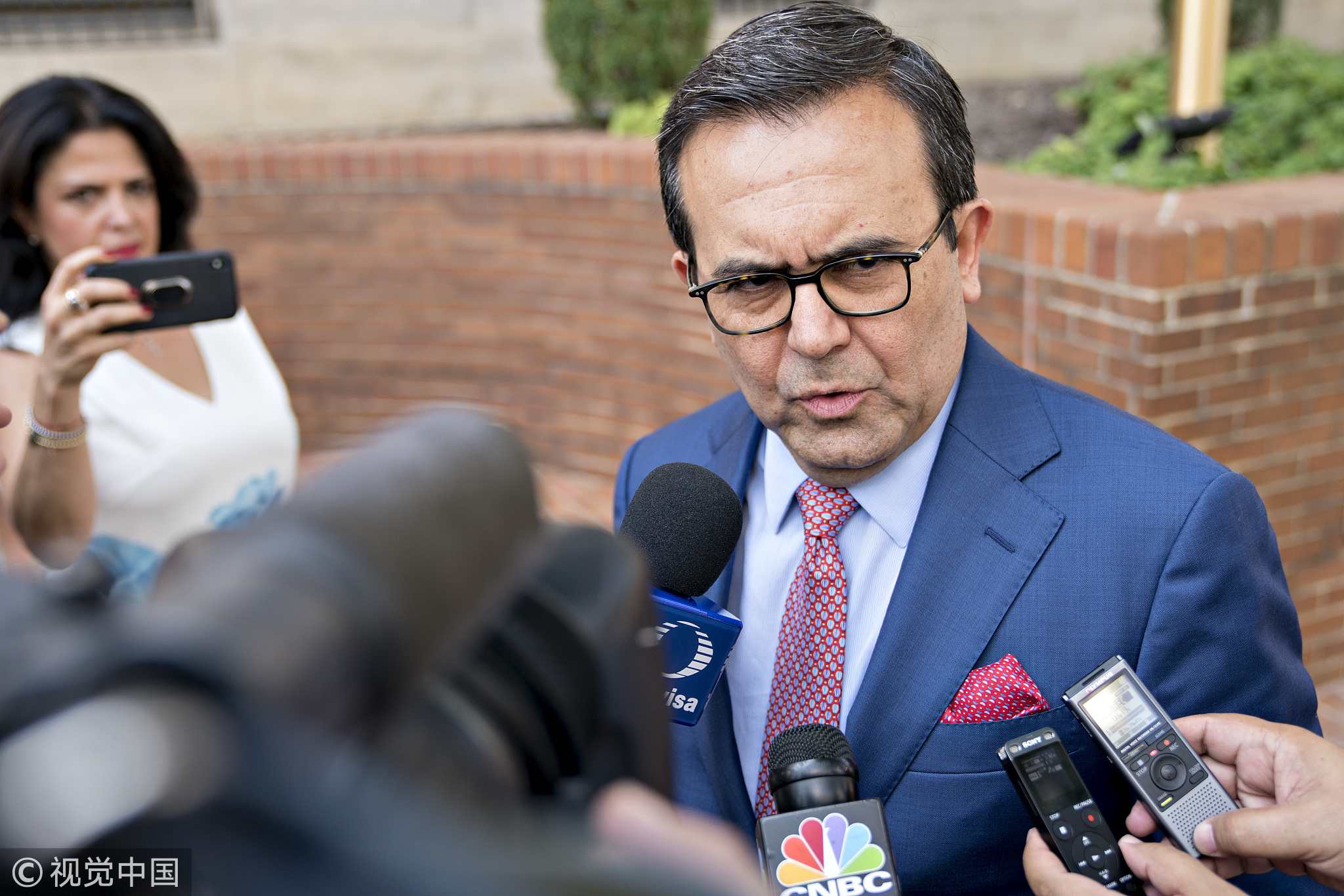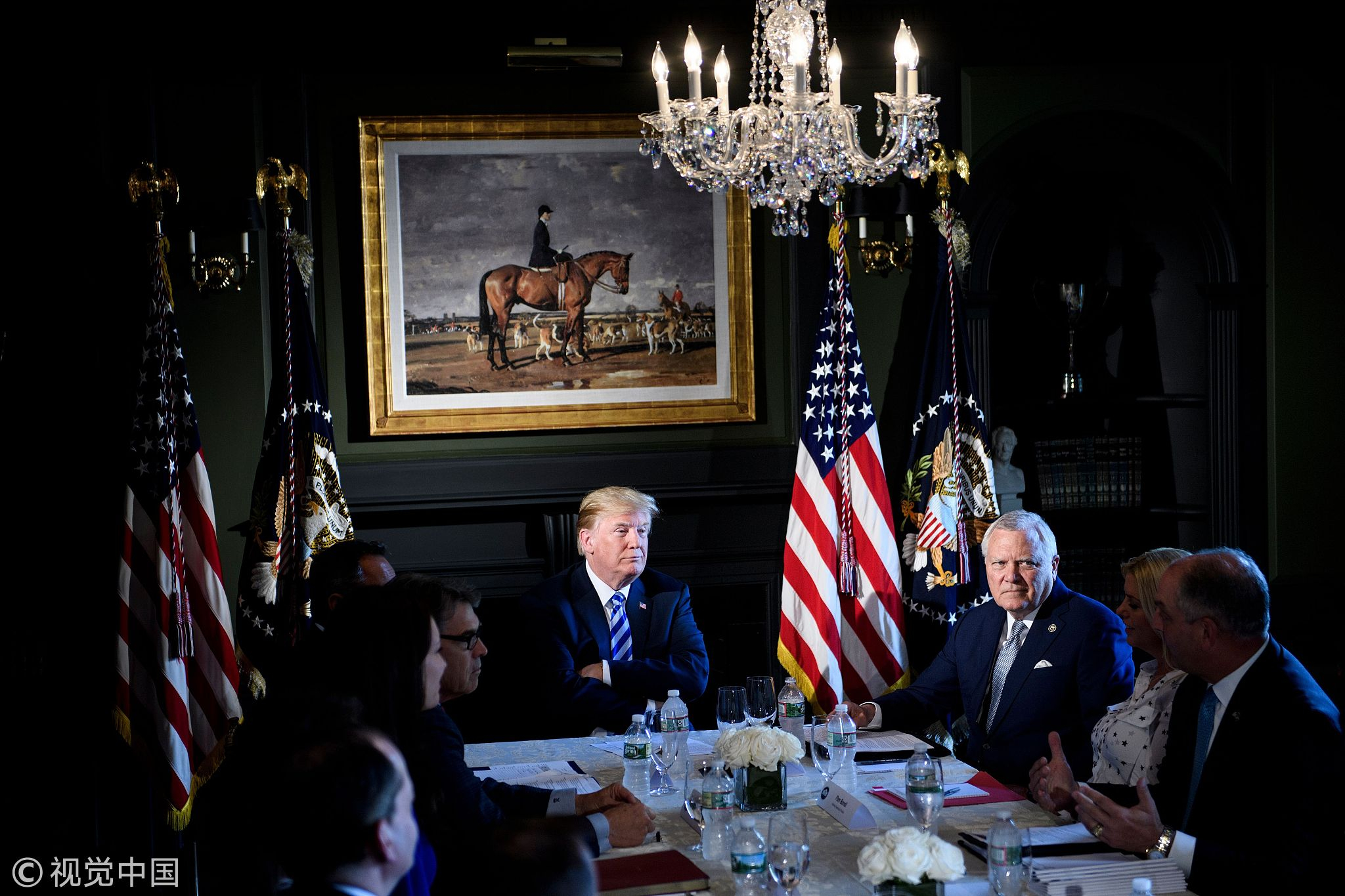
Opinions
10:07, 11-Aug-2018
The Heat: US tariffs ripple through developing countries
Updated
09:55, 14-Aug-2018
CGTN's The Heat
01:12

The US is rattling the world with its seemingly endless tariff moves on its political rivals and allies. Beijing is ready to impose a 25-percent tariff on 60 billion US dollars' worth of US goods as retaliation to the coming 25-percent tariff on 200 billion US dollars in Chinese goods; Canada, Mexico and the EU are also facing tariffs on steel and aluminum.
As the dispute ripples through the global value chain, South Africa said nearly 8,000 jobs in the steel and aluminum industry are now at risk, and its currency, the rand, continues to lose value.
“At least 7,000 jobs will be affected by tariffs in automobiles,” said Siya Biniza, a political economist and the finance and operations director at the Political Economy Southern Africa. “Household goods, manufacturing goods like microwaves, washing machines, and a wide range of goods are under attack.”
The tariffs hurt even more given that many South African companies had made compromises with the US to secure their export quota. As Biniza suggested, the tariffs “largely undermine those efforts.”

December 15, 2015: Street hawkers near the headquarters of the South African Reserve Bank in the central business district (CBD) in Pretoria, South Africa. /VCG Photo
December 15, 2015: Street hawkers near the headquarters of the South African Reserve Bank in the central business district (CBD) in Pretoria, South Africa. /VCG Photo
South Africa and other African countries are thus forced to seek new opportunities in other regional markets. Traditional eastern markets like the EU got a higher rank in the trading list, with the African Free Agreement (AFA) bringing hope in forming a united continental market.
But experts also expressed their concerns about difficulty of integrating the local suppliers with a continental value chain.
As for Latin America, impacts on different countries varied by how involved they are in the global market.
“There is a major difference between Mexico and the rest of the Latin America,” said Manuel Suarez-Mier, a Latin America economic consultant and former chief Latin American economist for the Bank of America. “Mexico is competing directly with China in the US market, while Brazil and Argentina are more competitive rather than complementary.”
Mexico is now facing a dilemma of choosing between a US tariff and an export diversion to China, whose market may not compensate its loss from the US. Brazil, on the other hand, is less affected, as it is a relatively closed economy compared to Mexico.

July 26, 2018: Ildefonso Guajardo Villarreal, Mexico's secretary of economy, speaks to the media before a meeting in the US Trade Representative in Washington, DC, US. /VCG Photo
July 26, 2018: Ildefonso Guajardo Villarreal, Mexico's secretary of economy, speaks to the media before a meeting in the US Trade Representative in Washington, DC, US. /VCG Photo
However, Suarez-Mier also warned that a reverse in the integrating international trade world will hurt everyone in the long run.
“Losses will be much greater than the wins, and the overall balance of cost-benefit analysis of trade wars is negative,” he said.
Arthur Dong, professor at the McDonough School of Business at Georgetown University, is also a firm opponent of the current trade dispute between the world’s two major powers.
“Without a doubt, there will be a secondary and tertiary impact of the war around the world,” he said in a recent panel. “A slowdown in China’s manufacturing will make other countries catch a cold.”
Robert Moran, a partner with Brunswick Insight, demonstrated the political impact both domestically and internationally on the recent trade policies of the US.
“It’s disappointing to discover the fact that the US has a short attention span and a short memory,” said Moran. “It’s like going back to the 1980s when the Republican Party became a trade protectionist, after the two parties agreed on globalization and free trade to build a less war-like world.”

August 9, 2018: US President Donald Trump chairs a meeting with administration and state officials on prison reform at the Trump National Golf Club in Bedminster, New Jersey. /VCG Photo
August 9, 2018: US President Donald Trump chairs a meeting with administration and state officials on prison reform at the Trump National Golf Club in Bedminster, New Jersey. /VCG Photo
In the 1890s, the McKinley Tariff Act was signed by the Republican president, who later got crushed in the midterm. Since then, the view that other countries are taking advantage of the US by trade has gained strength.
Records show that comments from Donald Trump on the China-US trade deficit date back to the 1980s.
“In the global worldwide integrated economy today, such opinion is difficult to defend,” said Moran.
According to his research, the American brand is suffering a “sharp drop in popularity” because of the Trump administration. Domestic wide, farmers remain his major supporters, but may change their minds if the trading loss continues.
However, globalization is not to be stopped. A research by Moran suggested that opinions favoring globalization have deviated from advanced markets to emerging markets, citing the astounding growth of South Korea as the best footnote.
The Heat with Anand Naidoo is a 30-minute political talk show on CGTN. It airs weekdays at 7:00 a.m. BJT and 7:00 p.m. Eastern in the United States.

SITEMAP
Copyright © 2018 CGTN. Beijing ICP prepared NO.16065310-3
Copyright © 2018 CGTN. Beijing ICP prepared NO.16065310-3